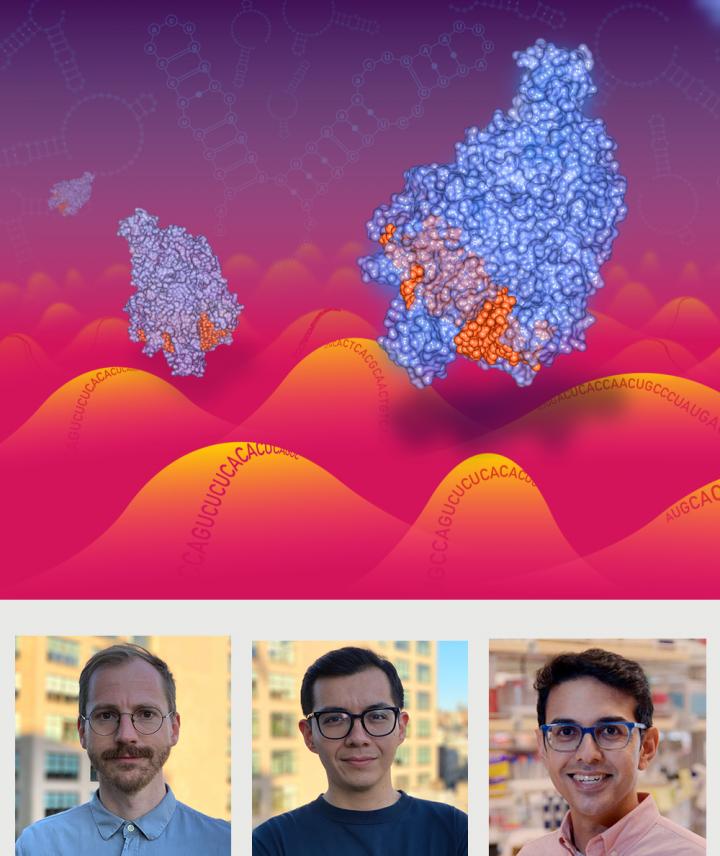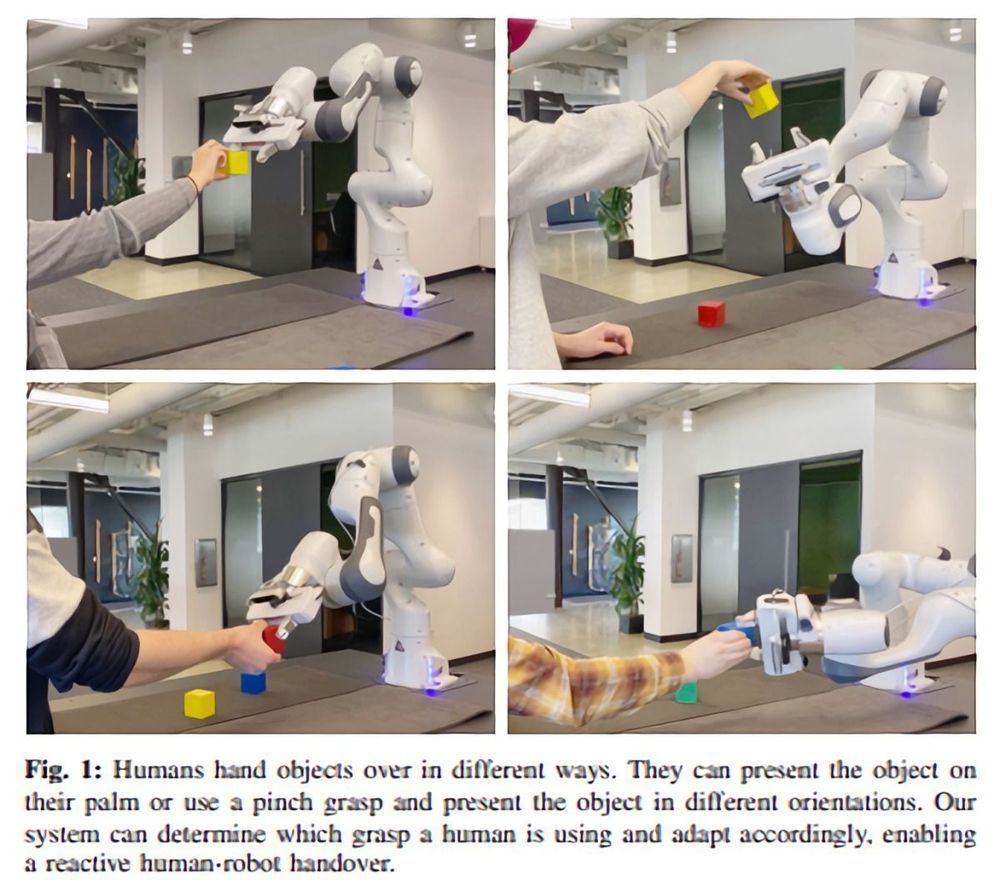The authors draw attention to several randomized clinical studies in humans that have found that over the counter supplements such as n-acetylcysteine (NAC), which is used to treat acetaminophen poisoning and is also used as a mucus thinner to help reduce bronchitis exacerbations, and elderberry extracts, have evidence for shortening the duration of influenza by about two to four days and reducing the severity of the infection. The authors also note several nutraceuticals such as spirulina, beta-glucan, glucosamine, and NAC have either been found to reduce the severity of infection or to cut the rate of death in half in animals infected with influenza. Furthermore, one clinical study in humans testing spirulina noted significant reductions in viral load in those infected with HIV.
In a compelling article in Progress in Cardiovascular Diseases, published by Elsevier, Mark McCarty of the Catalytic Longevity Foundation, San Diego, CA, USA, and James DiNicolantonio, PharmD, a cardiovascular research scientist at Saint Luke’s Mid America Heart Institute, Kansas City, MO, USA, propose that certain nutraceuticals may help provide relief to people infected with encapsulated RNA viruses such as influenza and coronavirus.
In the United States, influenza infects around 30 million people every year causing around 30,000 deaths. While there are medications approved for the treatment of influenza, they typically are costly, have side effects, and are not very effective. Additionally, vaccinations against influenza may only be effective in around 50 percent of those vaccinated. Thus, there is a need for safer and effective alternatives in those infected with influenza.
Over the past few months, a novel RNA coronavirus, now called COVID-19, has broken out in China and has spread to over two dozen countries and infected more than 76,000 people causing more than 2,000 deaths. This novel coronavirus is much more lethal than the typical flu, with a current mortality rate of about 2.92 percent. In other words, around 1 in 33 people who are infected with this novel coronavirus will die. Whereas the annual flu has a mortality rate of just 0.05 to 0.1 percent. This means that around 1 in 1,000 to 2,000 people infected with the annual flu will die. In other words, COVID-19 is around 30 to 60 times more lethal than the typical annual flu.






